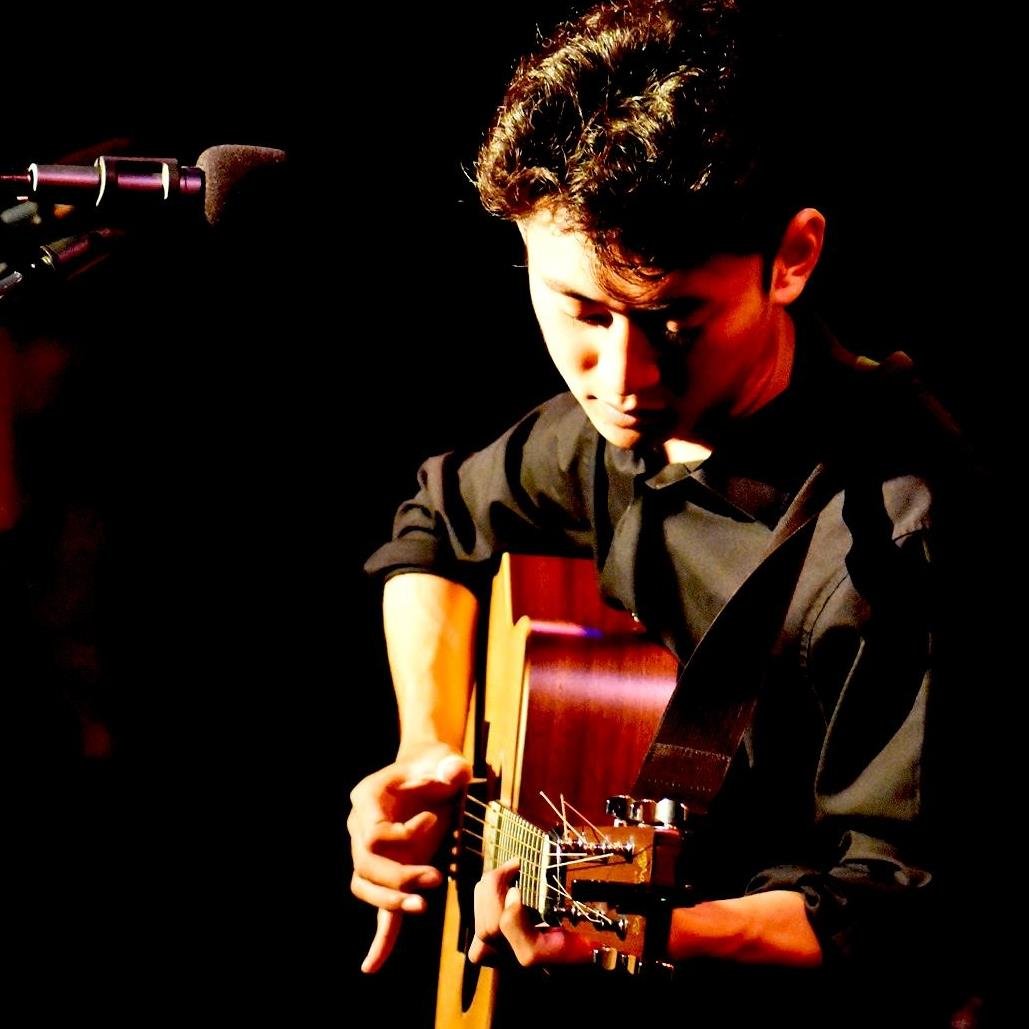“
Just because you’re an independent artist doesn’t mean you have to walk the musical path alone.”
Like many singer-songwriters, I started by writing songs for myself in my bedroom. As the years went by, I wondered why I hit a plateau in terms of my musical improvement, and how I could get my music heard by people outside my immediate circle. One step I took that I’ve become convinced is a necessity as much as a luxury for an aspiring singer-songwriter is joining a music community.
Performing in front of a community of fellow artists helped 1) shift my attention toward improving my holistic performance, not just avoiding mistakes; 2) helped me promote my music in a genuine, organic way; 3) helped my mental health resiliency — an extremely common issue among creative individuals.
Performing for Listeners
If you’ve been in the studio, you’ve probably felt it: you’ve practiced the song a thousand times to perfection, and right when the recording goes on, you can’t seem to get it even close. The idea of perfection seeps in, and suddenly your worries aren’t about playing well, but about not messing up.
For a while, this “avoiding error” mindset dominated the way I played music —it wasn’t fun anymore, just work. As I began to perform more often in front of a live audience, I’ve come to find that that the more focused I am on delivering the music to the audience, the more that avoiding mistakes becomes a secondary concern. Conversely, the more I focused on avoiding mistakes, the more mistakes I would make. And that’s one reason I like playing live. That’s why I like places like Writers ‘Round: Los Angeles.
Organic Promotion
Even a great song or performer needs some degree of “promotion,” and for a long time I figured that meant the typical “marketing yourself” by being loud, brash and bold. But in a healthy music community, I’ve found that the opportunities for promoting your own music are directly aligned with supporting other musicians.
There’s the old traditional Taoist idea that when it comes to helping a plant grow, there is only so much you can do by providing fertile land, water and sunshine. But if you try too hard and force more fertilizer or water than the plant needs, it will actually die. It’s a far analogy, but I’ve found that music promotion is similar: the more some artists seemed to care only about promoting themselves, the more the audience generally seemed to shy away. And the more certain artists seemed genuinely warm and engaged in others’ music, the more natural it felt to support and follow their musical journey.
Instead of forcing progress on a singular goal, it’s sometimes better to find an environment in which we can let the process happen naturally. And that natural process of supporting each other, and as a side effect promoting our own music, is something that happens very naturally in a music community.
Mental Health
Finally, plenty of research suggests that creative individuals, including musicians, are particularly susceptible to mental health challenges compared to the average person. There are all types of theories as to why: unusual hours many musicians keep to perform, tour or record in studios; the instability of finding work/gigs; a genetic predisposition to pairs of traits, like creativity alongside neuroticism; and many other possible factors.
Whatever the cause is, there are likewise many studies that cite the importance of close relationships on happiness and alleviation of anxiety and depression. In an era of people overselling the impact of new drugs and new technologies to aid mental health, we might be wise to remember the most tried and true medicine: close relationships. At the heart of being part of a music community is building these close relationships with like-minded people, many of whom also have similar values beyond music. That’s what, I’ve found, music communities like WR:LA are here for.
About the Author:
Henry Zhao is an LA-based folk singer-songwriter, whose music you can find on Spotify and Apple Music. He’s also a contributing writer for music blogs FolkWorks and MXDWN.Follow on Instagram @henryzhaoblues

